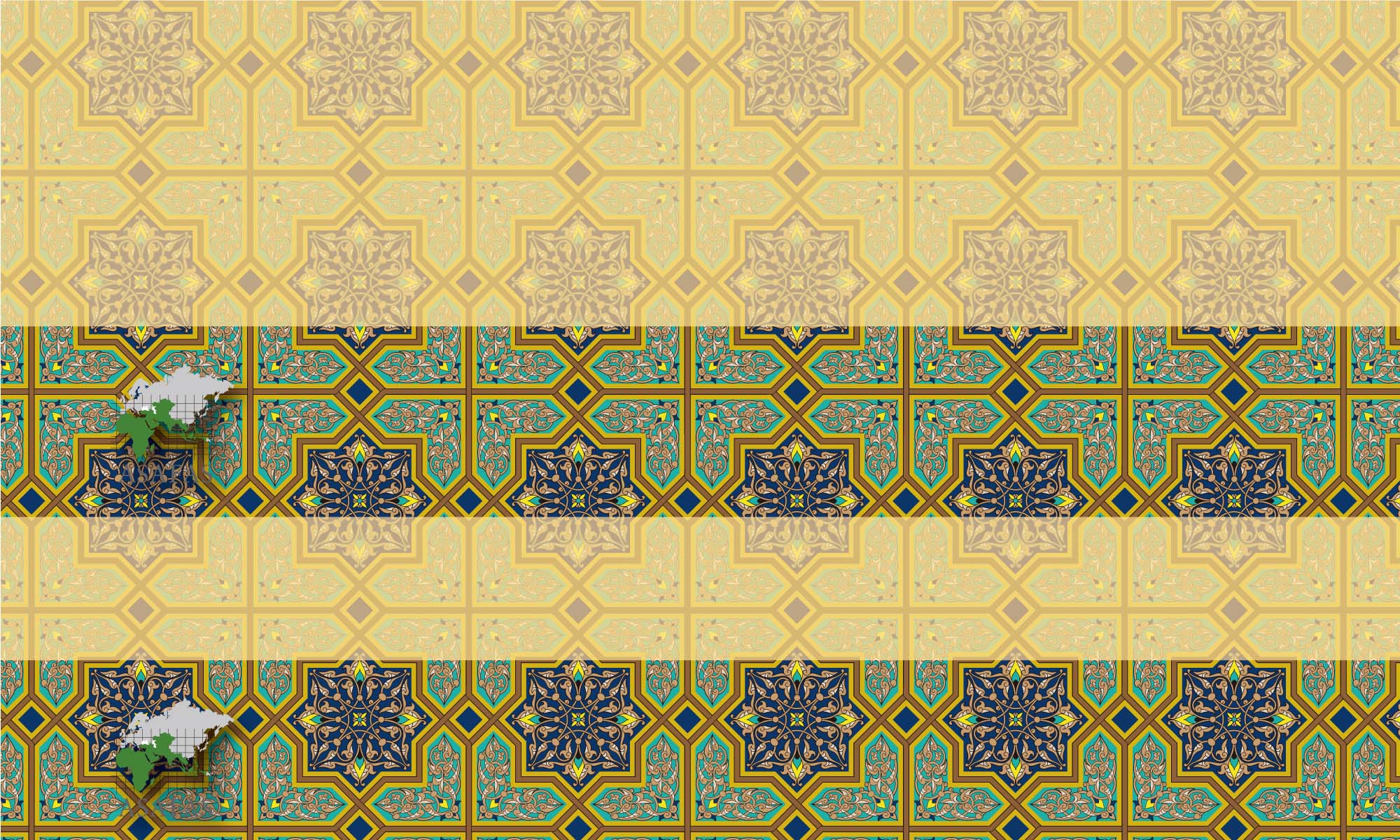このたび、上智大学イスラーム地域研究所の山口昭彦先生によりアムステルダム大学哲学科のMichael Leezenberg先生が招へいされ、京都大学人文科学研究所およびケナン・リファーイー・スーフィズム研究センターとの共催で以下の講演会が開催される運びとなりました。
Leezenberg先生は広く哲学・思想をご専門とされておりますが、クルド研究の分野でも多岐にわたる(言語、文学、思想、宗教、政治など)業績を上げていらっしゃいます。今回は、「イスラーム世界の近代化における原動力としてのナクシュバンディー教団とワッハーブ派の対抗関係」と題して、19世紀以降のマウラーナー・ハーリドを創始者とするハーリディー=ナクシュバンディー教団の形成とワッハーブ派との関わりについて論じられます。
https://www.uva.nl/en/profile/l/e/m.m.leezenberg/m.m.leezenberg.html#Publications
対面での開催となりますが、多くの方々のご参加をお待ちしております。参加を希望される方は、下記URLの参加申込フォームにご記入ください。
日時:2024年2月12日(月)15時から17時
会場:京都大学人科学研究所本館4階大会議室
https://www.zinbun.kyoto-u.ac.jp/access/access.html
講師:Michael Leezenberg (University of Amsterdam)
題目:Naqshbandi-Wahhabi rivalry as a major force in the modernization of the Islamic world
参加申し込みフォーム:https://forms.gle/3tu58nKv6B6yTr917
要旨:Everybody is familiar with the importance of Muhamad ibn ‘Abd al-Wahhâb and the Wahhâbî movement for the development of Islam in the modern world. Far less well known are the Kurdish-born Mawlana Khalid al-Shahrazori and the Khalidiyya branch of Naqshbandi Sufism he created and spread. Thus, Mawlana and his movement are completely absent in standard works on ‘modern Islam,’ like John Voll’s 1994 Islam: Continuity and Change in the Modern World and, more recently, Ahmed Dallal’s 2018 Islam Without Europe: Traditions of Reform in 19th-Century Islamic Thought. Yet, reformist Khalidi-Naqshbandi Sufism was arguably a major factor in 19th- and 20th-century developments in the Ottoman empire and its successor states. Moreover, we gain a better understanding of Mawlana Khalid by exploring not only his enduring legacy in the post-Ottoman world, but by also paying attention to his specifically Kurdish backgrounds.
In this presentation, I will briefly trace the character and importance of Khalidi-Naqhsbandi Sufism in the 19th-century Ottoman empire and beyond, and explore to what extent it was driven by a specifically anti-Wahhâbî animus. In conclusion, I will briefly discuss whether and how these movements may be seen as marking distinctly ‘modern’ forms of religiosity.
お問い合わせ先:yamaguci[at]sophia.ac.jp
